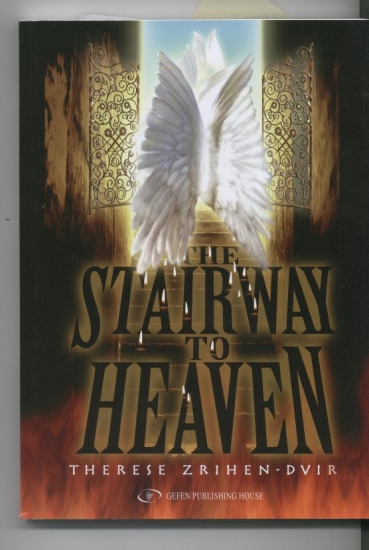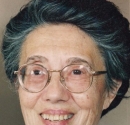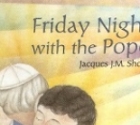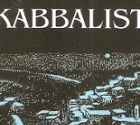
Gefen Publishing House
Reviewed by Mike Porter.
In all the years of Israel’s struggle to remain alive, those of the 1990s must surely be among the most cruel in its history. These were the years of the suicide bombers, young people whose youth and naivety were exploited – with great success – by a leadership furthering its own agenda.
Therese Zrihen-Dvir has taken on a tough subject. Basing herself on fact, with the occasional use of fictitious names, she has struggled to throw light on one such slaughter in particular - the Beit Lid massacre in January 1995. A young terrorist at a bus station exploded bombs strapped to his body, killing the soldiers around him. A second terrorist waited for the people who came running over to help, and then detonated the explosives attached to his body. Twenty two people were killed and another 69 wounded.
The reports of the suicide bombings, with their graphic descriptions of the mass slaughter and pieces of bodies scattered everywhere, are horrifying to read.
Parts of the book have polemical paragraphs concerning various situations or interpretations – the groundwork, as it were – of biblical themes (Samson’s “suicide”) and the future of Israel and the world in the light of the many dilemmas which beset us all. These are interwoven with the story of Naomi, interaction with her family, friends, a short holiday, and the effort of leading a normal life in Israel.
Once she has laid the foundations, Zrihen-Dvir’s writing becomes fluid and interesting. The final part of the story reflects hope: something like a well-lit, clear path appears which seems to be inevitably leading to a more promising future. Despite all the horrors, life continues in the daily encounters with other people – their loves, their hopes, the new generations being born and new plans being created.
Zrihen-Dvir’s decision was not only to record the slaughter but to interview the families of the soldiers killed and to attend their commemorative services – a self-imposed task that surely reflects an inner strength. She also interviewed a Palestinian woman – in fairness it must be noted that there was only one such interview – whose world-view was like most extremists anywhere. Presumably the woman had undergone “tutelage” from a very young age and, basically, once such children are selected – and they are easy prey – they have little chance of ever leading normal lives again.
One remembers one’s own heedless, innocent and, let’s face it, unthinking childhood, and can only thank G-d that he or she didn’t fall in with the wrong company at the right time.
Despite its upbeat ending, I found the story a difficult one to read.
 MEMBERSHOP PERKS-An ESRA Modiin Initiative
MEMBERSHOP PERKS-An ESRA Modiin Initiative KINDERTRANSPORT JUNE 5-6 1939
KINDERTRANSPORT JUNE 5-6 1939 HOW TO CARE FOR YOUR CHILD'S TEETH
HOW TO CARE FOR YOUR CHILD'S TEETH Robert Kwong at the Yeshiva
Robert Kwong at the Yeshiva  Friday Night with the Pope - A Book Review
Friday Night with the Pope - A Book Review The Kabbalist - A Book Review
The Kabbalist - A Book Review  Mike Porter
Mike Porter